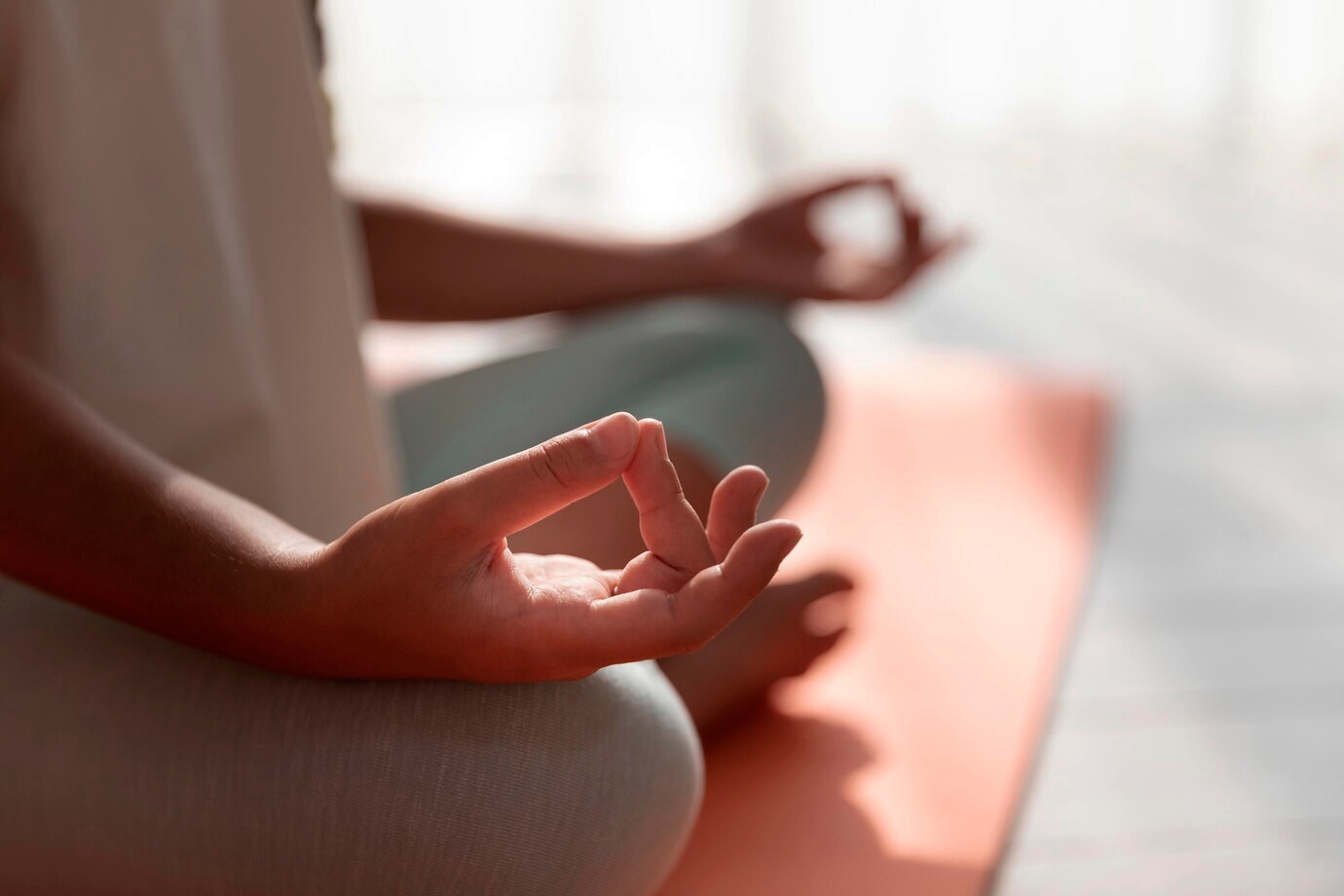
In the intricate tapestry of well-being, mental fitness plays a pivotal role in fostering resilience to life's challenges. This paper explores the profound influence of yoga on mental health and stress resistance, shedding light on the transformative impact of yogic techniques in managing stress and cultivating emotional stability.
Yoga's Impact on Mental Health and Stress Resistance
Research Findings
Research consistently highlights the positive impact of yoga on mental well-being. Studies suggest that regular yoga practice is associated with decreased levels of perceived stress and anxiety. The mind-body connection cultivated through yoga contributes to enhanced emotional regulation and improved overall mood. Furthermore, research indicates that yoga may positively influence physiological responses to stress, such as reduced heart rate and cortisol levels.
Stress Resistance
Yoga acts as a potent tool in bolstering stress resistance. The integration of breath control (pranayama) and mindfulness in yogic practices allows individuals to navigate stressors with a greater sense of calmness and resilience. By fostering an awareness of the present moment, yoga equips practitioners with valuable tools to respond to stressors more effectively, minimizing the negative impact on mental well-being.
Yoga Techniques for Stress Reduction and Mental Stability
Mindful Breathing (Pranayama)
Mindful breathing exercises, such as diaphragmatic breathing and alternate nostril breathing, form the foundation of pranayama in yoga. These techniques promote a calm and centered state of mind by regulating the breath. Practicing pranayama regularly enhances oxygenation, reduces stress-induced shallow breathing, and calms the nervous system.
Mindfulness Meditation
Mindfulness meditation, a core component of yoga, involves cultivating present-moment awareness. This practice encourages individuals to observe their thoughts and emotions without judgment. Through consistent mindfulness meditation, practitioners develop a heightened ability to manage stressors, fostering emotional resilience and mental stability.
Yoga Asanas for Stress Relief
1. Child's Pose (Balasana): This resting pose promotes relaxation by releasing tension in the back, shoulders, and neck. The gentle compression on the forehead encourages a sense of calm.
2. Corpse Pose (Savasana): A pose of complete relaxation, Savasana allows for the integration of physical and mental well-being. It promotes a state of deep relaxation, alleviating stress and calming the mind.
3. Seated Forward Bend (Paschimottanasana): This forward-bending pose stretches the spine and hamstrings, releasing tension and promoting a soothing effect on the nervous system.
4. Standing Forward Bend (Uttanasana): Encouraging a gentle inversion, this pose promotes relaxation, relieves tension in the neck and shoulders, and calms the mind.
Conclusion
In conclusion, the practice of yoga emerges as a transformative journey towards mental fitness, offering a sanctuary for stress management and emotional well-being. Research substantiates the positive impact of yoga on mental health, emphasizing its role in cultivating stress resistance. By embracing yoga techniques, including mindful breathing, mindfulness meditation, and specific asanas, individuals can harness the profound benefits of this ancient practice to navigate the complexities of modern life with grace and resilience.